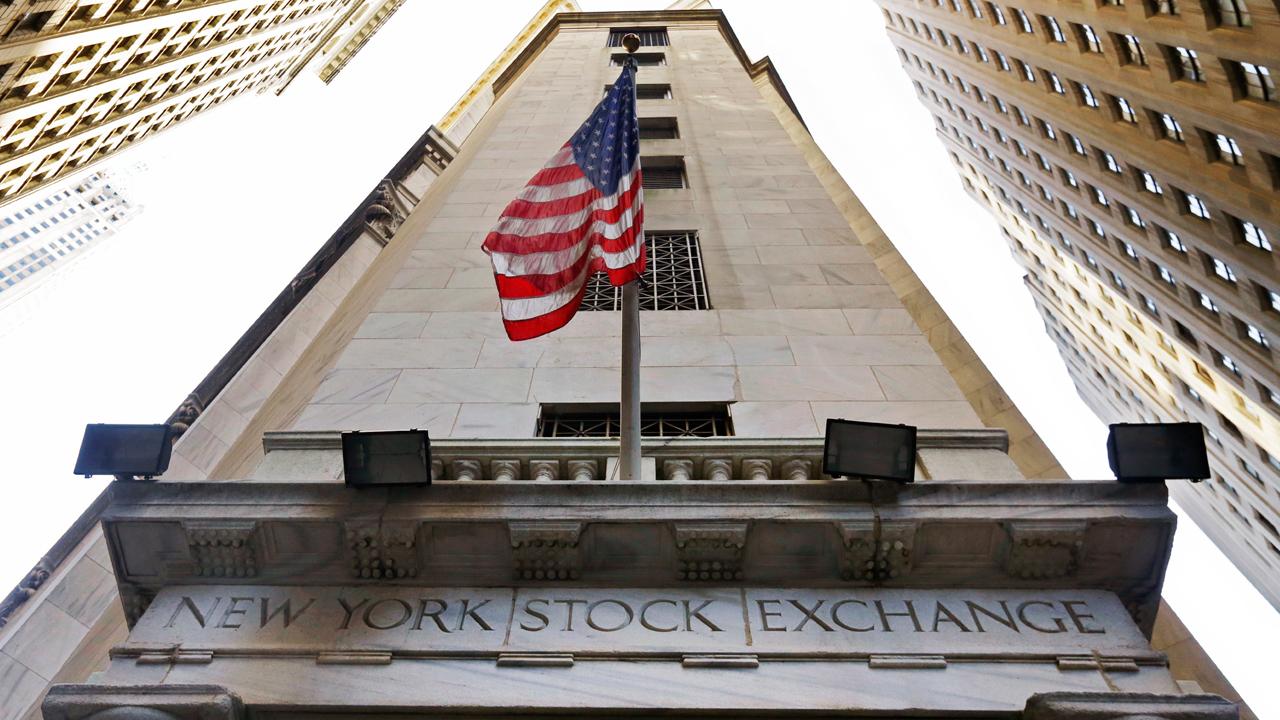Why avoiding stocks could cost you big in 2018
U.S. stocks have steadily climbed since President Trump won the 2016 presidential election, smashing through records along the way, most recently with the Dow hitting 25,000.
Still, some investors are steering clear because stocks haven’t seen a correction, a pullback that strategists view as a sign of a healthy market, which can also present a buying opportunity.
While a market correction is long overdue, experts say, avoiding stocks could set you back financially over the long term – especially in a year where economists expect inflation to pick up.
“Investors now have little alternative but to support risk assets if they want to beat inflation,” said deVere Group international investment strategist Tom Elliott.
“Market confidence is supported by a reasonably strong cyclical upswing in world GDP growth. This is being translated into corporate earnings growth, by a belief that central banks will not significantly tighten monetary policy unless justified by growth and inflation data, and by the U.S. corporate tax cuts announced in December, which will boost Wall Street corporate earnings,” he said.
Inflation takes money out of consumers’ pockets by making necessary goods and services more expensive to purchase. When inflation increases, consumers’ money doesn’t go as far – and that can be a problem.
To beat inflation, you need to make more money, which doesn’t always work. But, generally, when inflation is high the stock market is advancing – and even if you aren’t earning a big paycheck, a growing portfolio can compensate for a higher cost of living.
“In the face of continuing low interest rates and bond yields, investors now have little alternative but to support risk assets such as equities and non-core government bonds, if they want a yield that will beat inflation,” Elliott said.
So far, however, inflation has not started to pick up, stateside, even as the markets have rallied. In the Federal Reserve’s December meeting minutes, released on Wednesday, officials voiced concerns over low inflation, but mulled the possibility that Trump’s pro-growth policies, including tax reform, could heat up the economy and cause inflation to move up to the 2% target level.




















